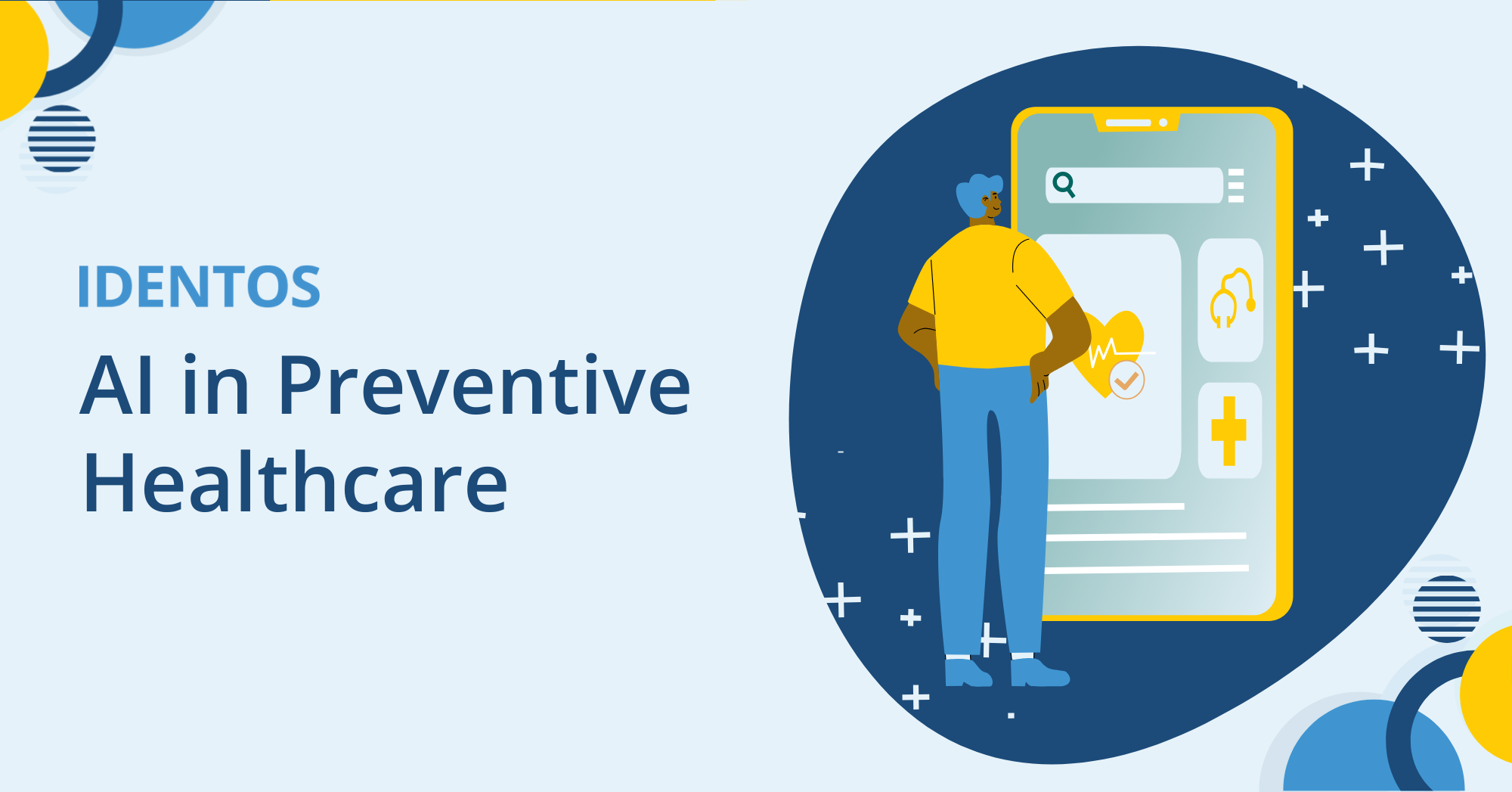
October 14, 2025
Artificial Intelligence (AI) is transforming healthcare, from reactive treatment to proactive prevention. AI is the engine that can make personalized and integrated whole person care (WPC) not only possible, but scalable.

AI helps predict, prevent, and personalize care by:
AI models analyze EHR data, social determinants of health (SDOH) indicators, and behavior patterns to flag high-risk patients.
✅ Helps clinicians intervene earlier
✅ Supports resource allocation and outreach
Example:
Veterans Affairs’ Whole Health system reduced costs by $4,500 per patient by aligning care with life goals and predictive risk tools.
Generative AI extracts SDOH from clinical notes, such as housing, food insecurity, and trauma, without manual entry.
✅ Reduces provider burnout
✅ Improves data quality and care coordination
AI learns across decentralized data (e.g., different hospitals or housing agencies) without moving sensitive data.
✅ Compliant with HIPAA and 42 CFR Part 2
✅ Builds models using broader, more equitable datasets
AI tailors care for evolving needs, such as adjusting medication reminders based on stress indicators or updating service referrals after job loss.
✅ Care that adapts in real-time
✅ Honors individual goals and changing circumstances
Together, WPC and AI shift the system from symptom-chasing to life-centered care.
AI is not neutral. Without safeguards, it can reinforce bias or exclude vulnerable groups.
Best Practices for Ethical AI in Healthcare:
Q: How can AI improve patient experience in WPC?
By reducing administrative burden and surfacing insights that allow providers to focus on what matters to the patient, not just what fits in the chart.
Q: Can AI be used responsibly with sensitive data?
Yes. Federated learning and computable consent allow AI to operate without compromising privacy, especially for substance use or mental health data.
Q: Is AI replacing doctors?
No. AI supports clinicians by surfacing insights, reducing busy work, and enabling more time for human care.
AI gives Whole Person Care the speed, scale, and precision it needs to thrive. When combined with ethical frameworks, consent-based infrastructure, and patient-centered principles, it moves us closer to a future where care is proactive, personalized, and truly human.
Explore how IDENTOS supports consent-centric whole person care infrastructure.
Download the full white paper or talk to us about building ethical, scalable WPC systems with FHIR and consent at the core.
• The Hidden Tech Behind Whole Person Care: FHIR, Consent, and AI
• What is Whole Person Care and Why is it the Future of Healthcare?
• How the VA Saved $4,500 Per Veteran with Whole Health
• Why Affordable Housing is a Health Priority, Not Just a Policy Issue
If you have any questions or require further information regarding this topic, please don’t hesitate to contact us using the form below.